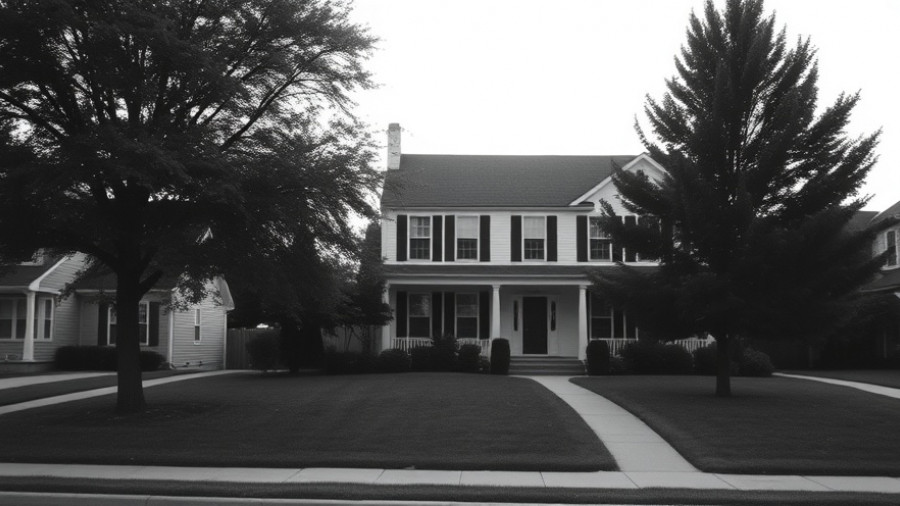
Why Home Prices Are Not as Flat as They Seem
If you’ve been following real estate news, you may have come across headlines claiming that home prices are flat, suggesting a stagnant market. However, diving deeper into the data reveals a more nuanced reality. While some markets experience price stability, others are diverging significantly, indicating that there's much more beneath the surface.
The Numbers Tell a Complicated Story
According to recent analyses from ResiClub and Zillow, home prices in the U.S. are not uniform; in fact, the trends differ remarkably across the country. In some metropolitan areas, prices continue to rise, while others are witnessing a slight decline. The Joint Center for Housing Studies of Harvard University explains that divergent price trends are heavily influenced by inventory levels. Where inventory is plentiful, prices tend to decline as supply outweighs demand. Conversely, in markets with limited availability, prices often see incremental growth.
From Surge to Correction: What’s Happening Now?
To understand the current state of the housing market, it’s essential to reflect on the significant price increases observed during the pandemic. Home prices surged by an average of 50% over the past five years. Areas that experienced rapid inflation are now correcting, resulting in modest declines. That said, even homes in these tapering markets remain up in value compared to a few years ago. Despite these corrections, economists are optimistic, suggesting that we won't see a nationwide decline moving forward.
The Impact of Local Market Conditions
For those buying or selling homes, having a clear understanding of local market trends is crucial. Buyers should pay close attention to the dynamics in their specific area to effectively strategize their offers. If prices are on the rise in your locality, waiting too long could lead to increased costs. Conversely, if prices are softening, buyers may have leverage to negotiate repairs or closing costs. This localized knowledge is a key to navigating the market successfully.
Sellers: Know Your Environment
For sellers, pricing a home correctly at the start of the process is critical, especially in markets where prices are declining. Utilizing local market insights can prevent homes from being overpriced and sitting unsold. Real estate agents who have their finger on the pulse of local trends can provide invaluable assistance by offering context and pricing strategies tailored for specific neighborhoods.
Understanding Your Home’s Worth
National averages can be misleading. While they give a brief overview, they often gloss over the realities within specific regions. As noted by Anthony Smith, a Senior Economist at Realtor.com, there’s a growing fragmentation in local markets, emphasizing the importance of understanding conditions in your individual zip code. Keeping this localized perspective allows homeowners to make informed decisions that reflect on their unique circumstances.
In conclusion, while it may be tempting to generalize the term "flat" when discussing home prices, it's important to recognize the various dynamics at play. With some areas experiencing increases and others slight declines, staying informed on local trends will ensure both buyers and sellers can act strategically in an ever-evolving market.
If you’re contemplating buying or selling your home, consider reaching out to a local real estate agent who can provide personalized insights based on the latest market developments. Take control of your future by staying informed!
 Add Row
Add Row  Add
Add 




Write A Comment